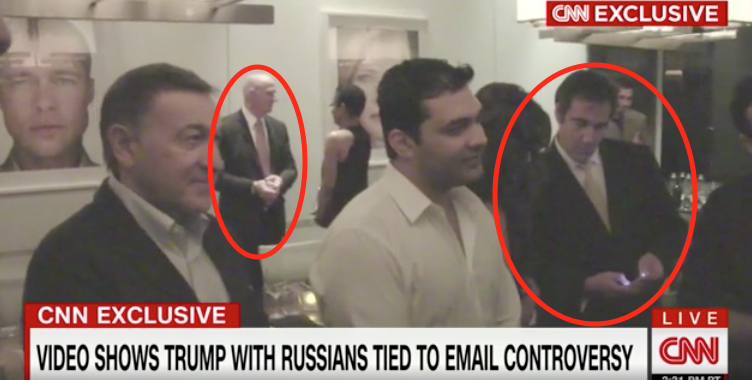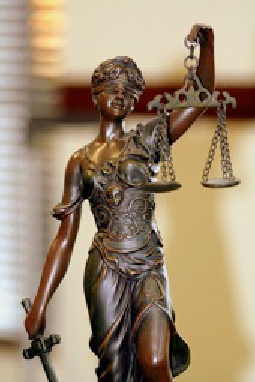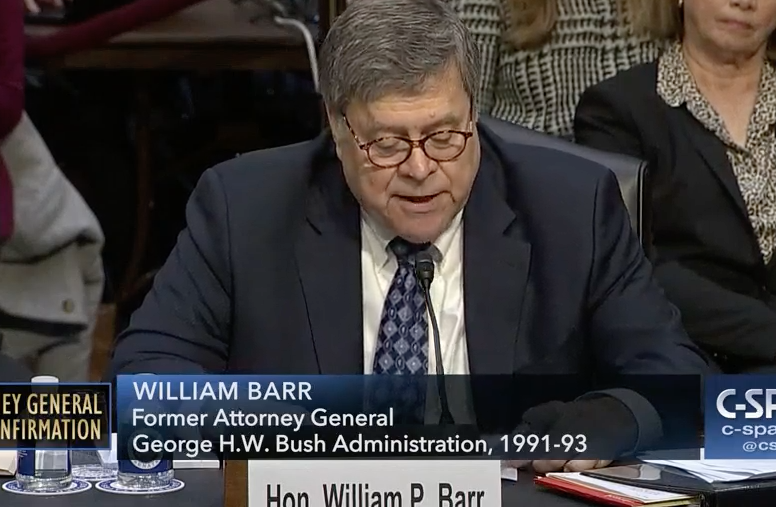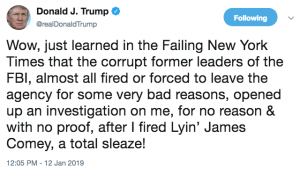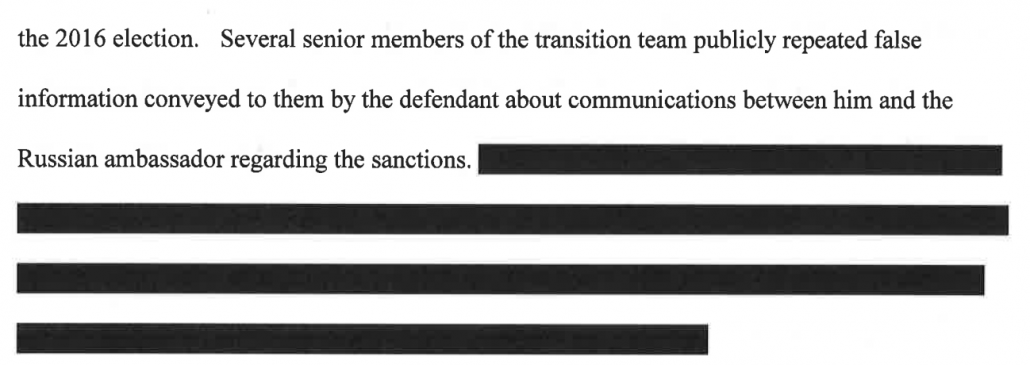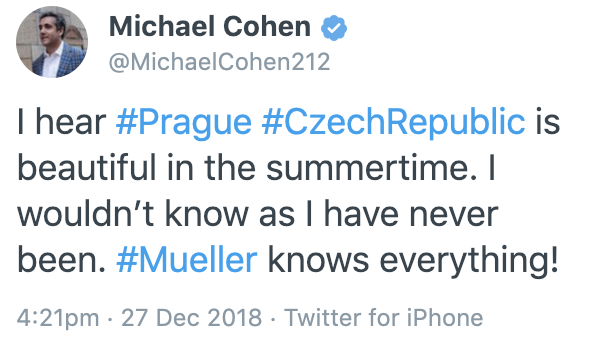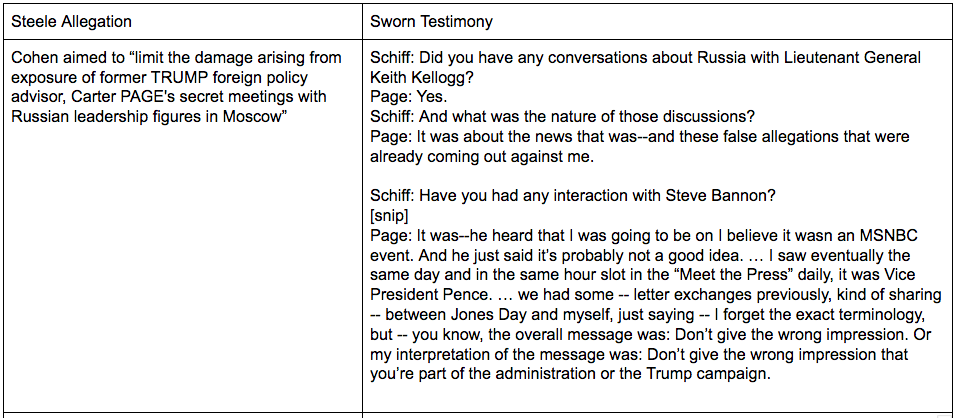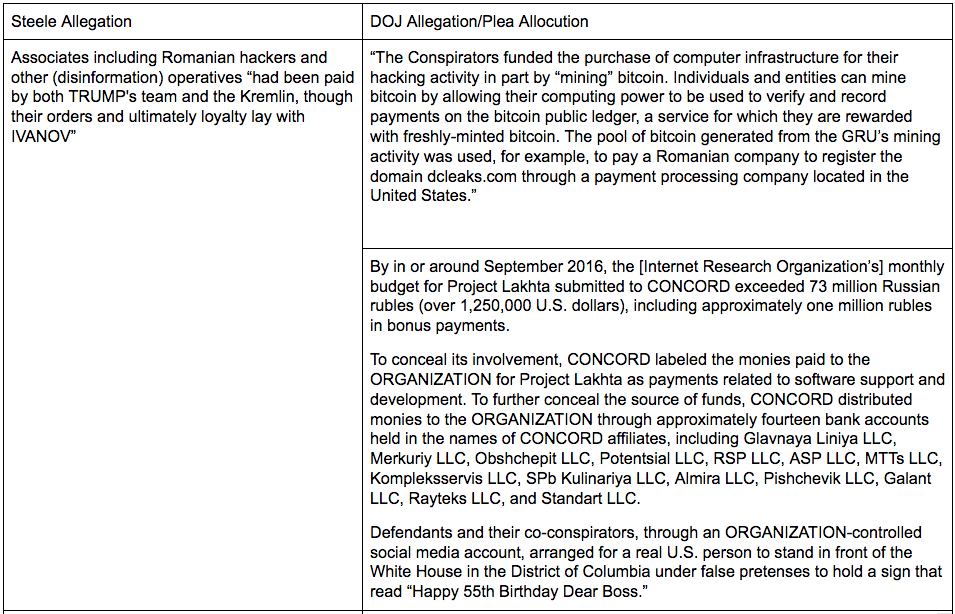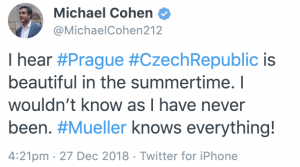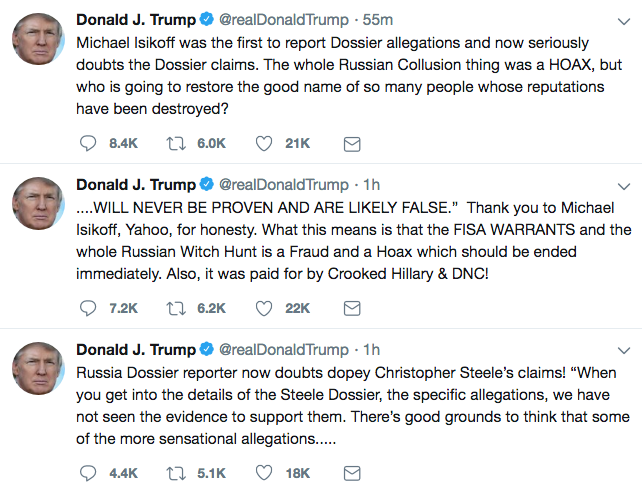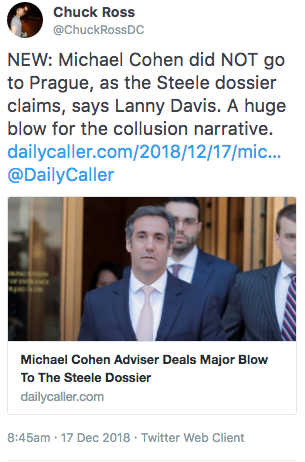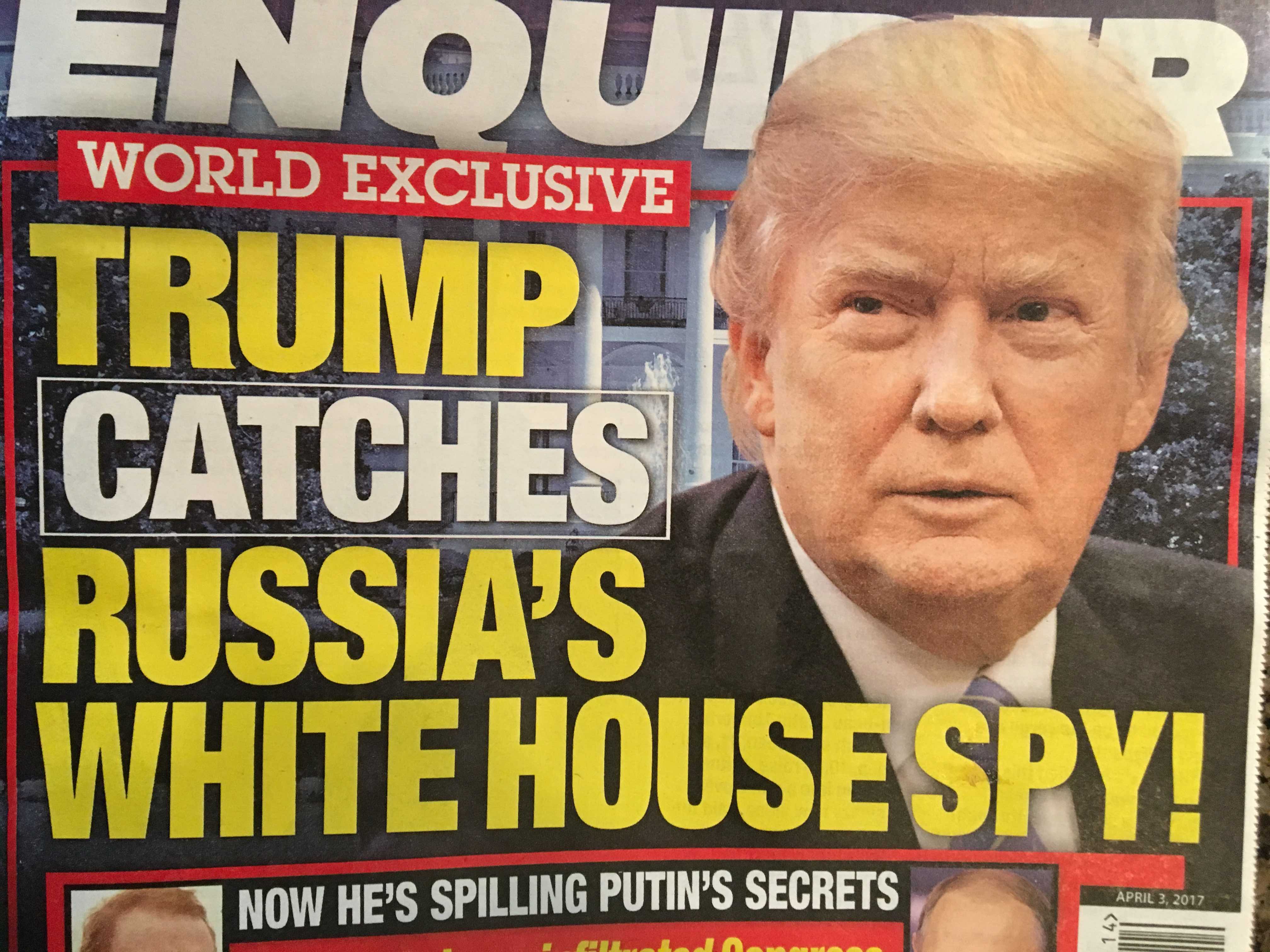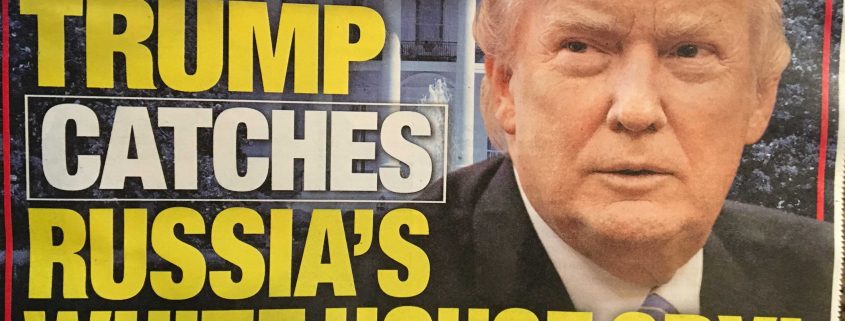About the BuzzFeed Scoop: It’s Important, But It Oversells the Lying Part
BuzzFeed has an important story that fleshes out what was made clear in Michael Cohen’s allocution, sentencing memo, and the public record (including earlier BuzzFeed reports). Trump and his kids knew a lot about Cohen’s negotiations for a Trump Tower, and also knew and helped sustain his lies to Congress. BuzzFeed even suggests that all the lying came from Trump; on that issue, the story is problematic for reasons I lay out below.
The new details in the story include a price tag for the Trump Tower detail: Trump, “hoped could bring his company profits in excess of $300 million” (Mueller’s sentencing memorandum stated that the deal might be worth “hundreds of millions of dollars from Russian sources in licensing fees and other revenues”). It quantifies how many times Trump and Cohen spoke about the deal: Trump, “had at least 10 face-to-face meetings with Cohen about the deal during the campaign.” It also confirms that Don Jr and Ivanka were the “family members” described in Cohen’s allocution who were apprised of the details.
Cohen gave Trump’s children “very detailed updates.”
[snip]
The two law enforcement sources disputed this characterization and said that [Don Jr] and Cohen had multiple, detailed conversations on this subject during the campaign.
It doesn’t include a number of details that would be more important for understanding how the Trump Tower deal relates to other parts of Trump’s conspiracy with Russians: who (if not Trump himself or Don Jr) was the senior campaign official who knew of Cohen’s negotiations, precisely what Don Jr knew of the negotiations on June 3 when he took a meeting described to be “part of Russia and its government’s support for Mr. Trump,” and whether the timing of Cohen’s plans for a trip to St. Petersburg — which started on June 9 and ended on June 14 — related somehow to the June 9 Trump Tower meeting and the June 14 revelation that Russians had hacked the DNC. It’d also be useful to know whether Cohen had any 2016 dealings with Ike Kaveladze, who knew of Cohen from the 2013 business dealings between Trump and the Agalarovs, and who had a curious reaction to a video of him in the wake of the June 9 meeting story breaking. Those are the details that would advance the story of how the Trump Tower deal relates to Russia’s efforts to hack the election.
That said, I have qualms about the way the story deals with the perjury side of this. First, it makes an absurd claim that this is the first time we’ve heard that Trump told someone to lie.
Cohen’s testimony marks a significant new frontier: It is the first known example of Trump explicitly telling a subordinate to lie directly about his own dealings with Russia.
The NYT first reported that Trump floated pardons to Mike Flynn and Paul Manafort in March of last year and they also reported that Mueller had asked Trump about discussions with Flynn about his testimony by the same month. The entire story leading up to Flynn’s firing includes a series of lies, and like Cohen’s false claims about the Trump Tower story featured the kind of matching lies that require coordination (though Trump’s directions to Flynn probably did not include foreknowledge of his FBI interview, so legally the import is that he sustained Flynn’s lies). Manafort, under whatever expectation of a pardon, spent the two months leading up to the election perjuring himself about his ongoing work with Konstantin Kilimnik and communications with the White House, all while reporting back to Trump via his lawyer. Trump had Don McGahn craft a letter to Comey (who, after all, was part of the FBI when he received it) about his firing that hid that he did it because of the Russia investigation, after first writing a statement that acknowledged that clearly. And Trump himself dictated (probably in consultation with Vladimir Putin) a misleading statement about the June 9 Trump Tower meeting, only part of which got cleaned up before Don Jr repeated the misleading comments before Congress. Trump’s current defense attorney Jay Sekulow even went on teevee last August to apologize for repeating a lie Trump told about the June 9 meeting; while he told that lie publicly, the statement Don Jr told to Congress retained part of that lie. Not all of those amount to suborning perjury, but some of them do, and they’ve been public for a long time.
Buzzfeed also suggests that the lying all came from Trump:
the law enforcement sources familiar with his testimony to the special counsel said he had confirmed that Trump directed him to lie to Congress
Cohen’s own public sworn testimony on this issue is slightly different though. He said,
I made these misstatements to be consistent with Individual 1’s political messaging and out of loyalty to Individual 1,
The latter detail may be semantics. After all, Trump Organization necessarily withheld documents from Congress to sustain Cohen’s (and Don Jr’s) lies. So the directive to lie and the coordination obviously came from the top (though some of it was achieved by Cohen’s leaks to the press). And the sentencing memo’s statement that “Cohen described the circumstances of preparing and circulating his response to the congressional inquiries, while continuing to accept responsibility for the false statements contained within it,” make it clear he could have blamed others for the coordination of his lies. But Cohen is on the record suggesting he chose to lie, in contrast to his allocutions with the hush payments, where he said Trump directed him to undertake the criminal activity. The discrepancy on this issue — which could be cleared up with a few details — may otherwise subject Cohen to accusations of perjury in his allocation.
And heck, if Cohen downplayed Trump’s direction of his lies, then that is newsworthy in and of itself.
I’m more concerned that Buzzfeed claimed, on January 17, 2019, that this is the first evidence that Trump ordered someone to lie about Russia. Normally, I’d excuse this kind of exaggeration to get eyeballs as normal publicity for a story. But not coming, as it does, two days after Trump’s nominee to be Attorney General stated clearly in his confirmation hearing that suborning perjury would be clearly criminal, even if done by the President. Yes, William Barr already made that clear in his memo on the Mueller investigation. But few people besides me realized that fact until, in Tuesday’s hearing, he was asked to confirm that things we know Trump has done — such as float pardons — amount to a crime.
And the response to this story, coming two days after Barr made that statement, has been to suggest that the stuff included in it — as distinct from the long line of lies we already knew Trump suborned — would put Trump at legal jeopardy under Barr that he’s not already in.
Trump is already getting itchy upon discovering that Barr has a close relationship with Mueller.
President Donald Trump was startled Tuesday as he watched television coverage of his nominee for attorney general describing a warm relationship with the special counsel Robert Mueller in front of the Senate Judiciary Committee, according to three people familiar with the matter.
During the first day of his confirmation hearing, William Barr described telling the President the first time he met him in June 2017 that he was friends with Mueller, referring to him on a first name basis.
“I told him how well I knew Bob Mueller and that the Barrs and Muellers were good friends and would be good friends when this was all over,” Barr said. “Bob is a straight-shooter and should be dealt with as such.”
While Barr said during his hearing that Trump “was interested” in hearing about the friendship, the details that emerged this week caught the President off guard, the three sources said. He bristled at Barr’s description of the close relationship, complaining to aides he didn’t realize how much their work overlapped or that they were so close.
I think Barr will be shitty on a range of issues (though he’s less of a bigot and homophobe than Jeff Sessions and the Big Dick Toilet Salesman). But there are many reasons to believe, from his testimony, that he won’t interfere with the Mueller investigation. The overhyped claims in this Buzzfeed story, however, are likely to make Trump newly aware of that fact, and could have negative and unnecessary consequences (and in that way, I worry the Buzzfeed story is like NYT’s two underreported stories about the aftermath of the Jim Comey firing, which both did significant damage that could have been avoided with more awareness of the rest of Russian story and more context).
The Buzzfeed story is important for the concrete details it adds to a story we already knew — and these reporters deserve a ton of kudos for consistently leading on this part of the story. But it has unnecessarily overhyped the uniqueness of Trump’s role in these lies, in a way that could have detrimental effect on the country’s ability to actually obtain some kind of justice for those lies.
Update: The language in Cohen’s own sentencing memorandum similarly sets up a contrast in the language used to discuss the hush payments, where his lawyers emphasize Trump’s direction.
With respect to the conduct charged in these Counts, Michael kept his client contemporaneously informed and acted on his client’s instructions. This is not an excuse, and Michael accepts that he acted wrongfully. Nevertheless, we respectfully request that the Court consider that as personal counsel to Client-1, Michael felt obligated to assist Client-1, on Client-1’s instruction, to attempt to prevent Woman-1 and Woman-2 from disseminating narratives that would adversely affect the Campaign and cause personal embarrassment to Client-1 and his family. [my emphasis]
Compare that with their discussion of his Trump Tower lies, which emphasizes his efforts to reinforce Trump’s messaging, but lacks any mention of Trump’s direction.
Michael’s false statements to Congress likewise sprung regrettably from Michael’s effort, as a loyal ally and then-champion of Client-1, to support and advance Client-1’s political messaging. At the time that he was requested to appear before the Senate Select Committee on Intelligence and House Permanent Select Committee on Intelligence, Michael was serving as personal attorney to the President, and followed daily the political messages that both Client-1 and his staff and supporters repeatedly and forcefully broadcast. Furthermore, in the weeks during which his then-counsel prepared his written response to the Congressional Committees, Michael remained in close and regular contact with White House-based staff and legal counsel to Client-1.
As such, he was (a) fully aware of Client-1’s repeated disavowals of commercial and political ties between himself and Russia, as well as the strongly voiced mantra of Client-1 that investigations of such ties were politically motivated and without evidentiary support, and (b) specifically knew, consistent with Client-1’s aim to dismiss and minimize the merit of the SCO investigation, that Client-1 and his public spokespersons were seeking to portray contact with Russian representatives in any form by Client-1, the Campaign or the Trump Organization as having effectively terminated before the Iowa caucuses of February 1, 2016.
Seeking to stay in line with this message, Michael told Congress that his communications and efforts to finalize a building project in Moscow on behalf of the Trump Organization, which he began pursuing in 2015, had come to an end in January 2016, when a general inquiry he made to the Kremlin went unanswered. [my emphasis]
Cohen’s lawyer uses clearly different language on these two issues, language that suggests in the latter case Trump’s “direction” might be what it was for Mike Flynn’s lies.
As I disclosed last July, I provided information to the FBI on issues related to the Mueller investigation, so I’m going to include disclosure statements on Mueller investigation posts from here on out. I will include the disclosure whether or not the stuff I shared with the FBI pertains to the subject of the post.

